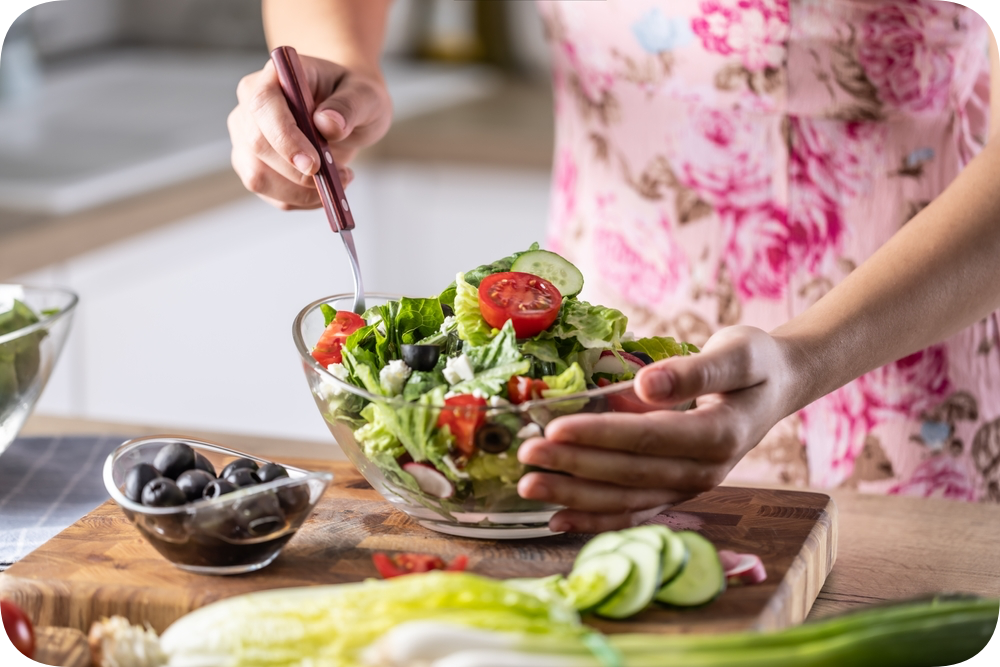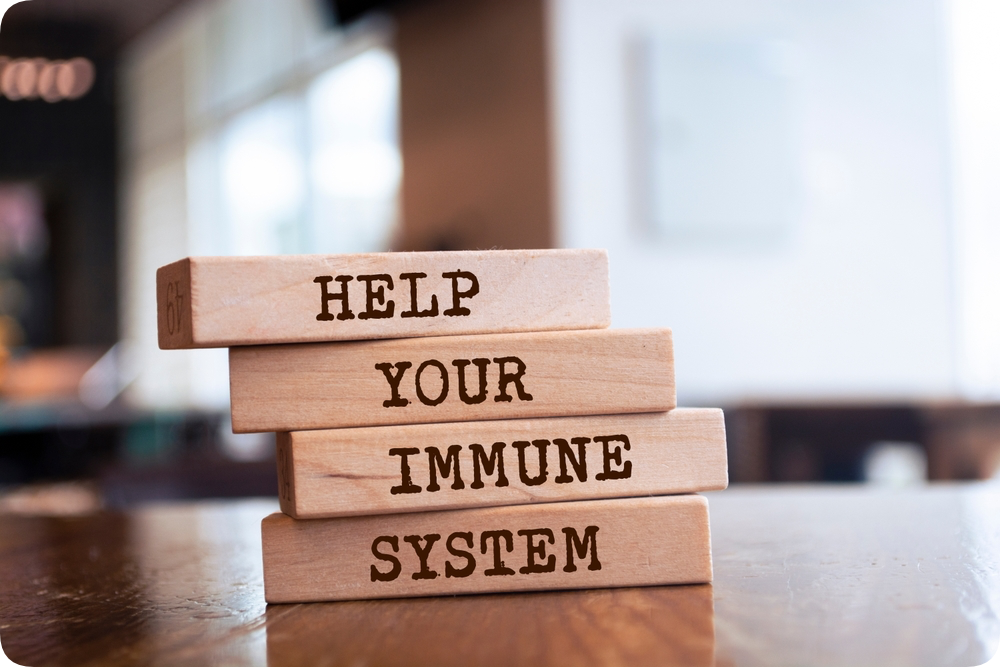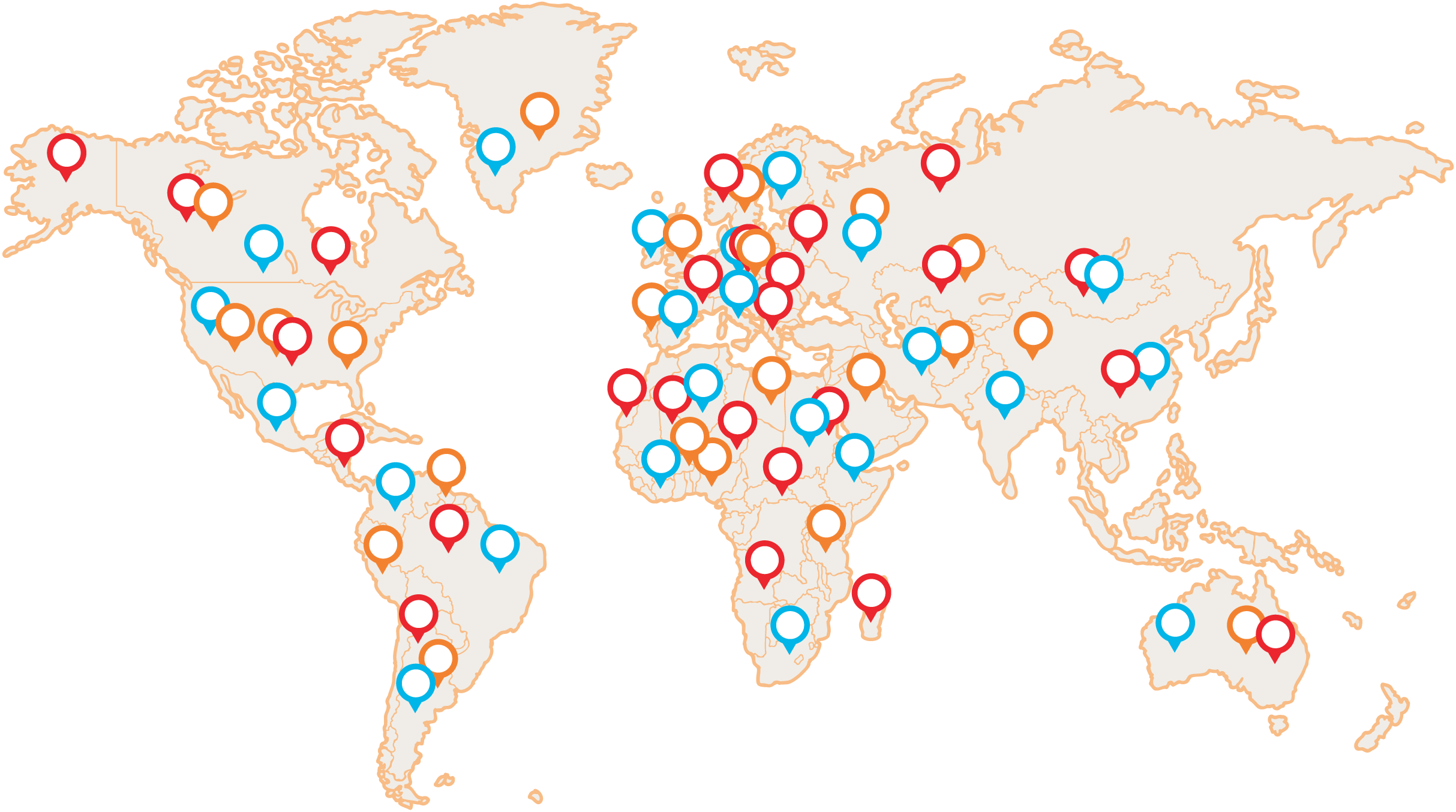Practical advice for mental resilience.
Move regularly:
Physical activity releases endorphins that improve mood and reduce stress. Try to set aside time each day to walk, run or exercise. Qi Gong or Tai Ji are excellent.
Control your emotions and thoughts:
Thoughts and emotions are often like a herd of stampeding horses. If they are excessive, prolonged or suppressed, they can also cause health problems. That's why it's good to look at them as something that doesn't belong to you, that isn't you. Try to observe them, describe them, but don't let them control you. Just let them flow freely.
Make peace:
Accept that life isn't always easy and doesn't turn out the way we plan it. This is reality. No shortcuts or secrets work. Sometimes we just have to live through something. But don't worry, everything that happens to us has meaning to us. Things happen for us to understand something, to learn something, to make a difference. And it's always good and important for us.
Eat real food:
Eat unprocessed food. Eat varied, good quality food on a regular basis. Don't overeat. If you are healthy, you can eat almost anything. Reasonably. Try to adapt your diet to the season, your age and your workload.

Give yourself realistic goals:
Set clear, achievable goals and work towards them one step at a time. Small achievements boost self-esteem and motivation. It's a good idea to keep a regular diary. This will help a lot with controlling thoughts and even emotions. In the evening, evaluate your day and look forward to what the days ahead will bring.
Think positive:
Try to focus on the positive aspects of life and avoid negative thinking. Gratitude and positive affirmations can improve your mental state.
Get enough sleep:
Sufficient and quality sleep is crucial for the recovery of the body and mind. According to Chinese medicine, regeneration and cleansing of the body occurs at night. Maintain a regular sleep schedule and create a comfortable environment for sleep. It is important to get as much sleep as possible before midnight.
Limit stress:
Learn stress management techniques such as planning, time management and relaxation activities. Set aside time to relax and take up hobbies you enjoy. It's good to try to build resilience against fear, but also try to avoid stressful situations. Which is not easy in today's hectic world.
Maintain good relationships:
This, for us, is the most important point of all. Good relationships are a very important aspect of your health. Probably the most important. People deal a lot with food and their emotions, but they don't have time to visit their sick grandmother. Put down the phones and the virtual world. Be with your loved ones in the here and now. It's extremely important to you.
Be happy:
People today have trouble being content and grateful. We are spoiled and do not appreciate the joys of ordinary life. Try to change this. There are always things to be grateful for that can make you feel content.
Meditate regularly:
A regular practice of mindfulness or meditation helps to calm the mind, increase focus and reduce anxiety. Try to find a few minutes each day to meditate or breathe deeply. Or at least allow yourself to sit down for a while, do nothing and just "stare at the stupid".
Eat mushrooms:
Mushrooms, and especially vital mushrooms, are the best natural immune system stimulants. They help us adapt to the ever-changing conditions around us. And besides physical immunity, they also help with mental resilience. Not only do they ward off the attack of viruses and bacteria, but also the various mental pests that "attack" us daily from the media or from negative people.
 Vital mushrooms PRO (17)
Vital mushrooms PRO (17) MyTao Edition (14)
MyTao Edition (14) Vital Mushroom Extracts (25)
Vital Mushroom Extracts (25) Combination of mushrooms and herbs (18)
Combination of mushrooms and herbs (18) Traditional recipes (5)
Traditional recipes (5) BIO vital mushrooms powder (9)
BIO vital mushrooms powder (9) Syrups (12)
Syrups (12) Dried vital mushrooms (6)
Dried vital mushrooms (6) Honey products (5)
Honey products (5) Vitamins (4)
Vitamins (4) BIO green food (2)
BIO green food (2) Other (3)
Other (3)




